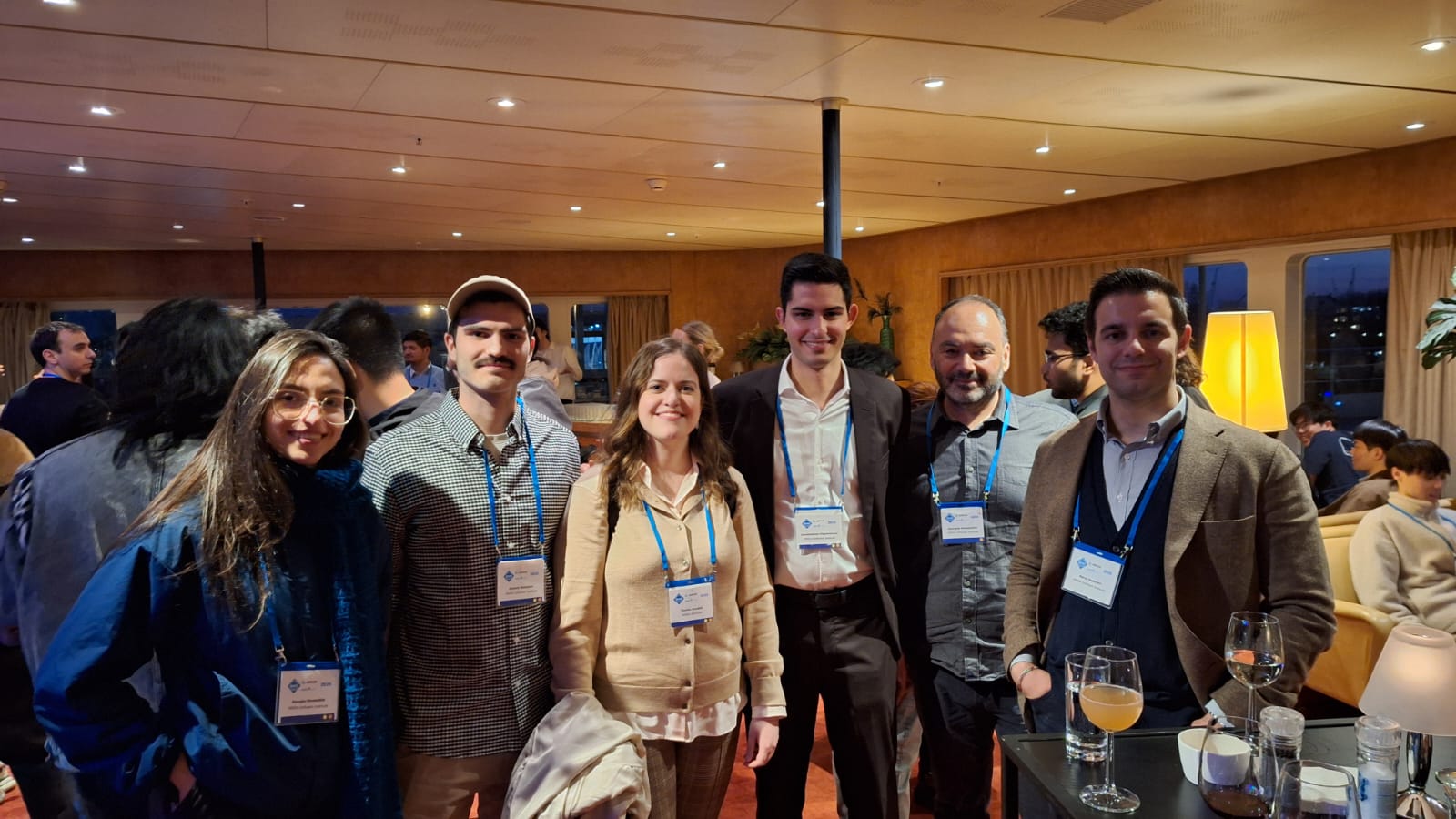
From March 30 to April 3, the EuroSys and ASPLOS 2025 conferences were co-located in Rotterdam, (Netherlands). Researchers from the IMDEA Software Institute actively participated in the event in various roles and with numerous scientific contributions, including the faculty members Georgios Portokalidis, Marco Guarnieri, and Thaleia Dimitra Doudali, alongside her PhD students Georgia Christofidi, Konstantinos Papaioannou and Giannis Roumpos.
EuroSys focuses on research and development in computer systems, including operating systems, networks, security, and cloud computing. ASPLOS, on the other hand, lies at the intersection of computer architecture, programming languages, and operating systems, promoting interdisciplinary approaches that integrate both hardware and software.
Marco Guarnieri was part of the author team of the paper “AMuLeT: Automated Design-Time Testing of Secure Speculation Countermeasures”, presented at ASPLOS 2025. This work was carried out in collaboration with researchers from the University of Toronto, Microsoft Azure Research, Technion, and other international institutions. Meanwhile, Georgios co-authored a paper presented at the EuroSec workshop, titled “rustc++: Facilitating Advanced Analysis of Rust Code”, in collaboration with researchers from the University of Cyprus.
Thaleia Doudali’s PhD students, Georgia Christofidi and Konstantinos Papaioannou, presented their work at EuroDW, the EuroSys doctoral workshop. Georgia contributed with the talk “Smart and Sustainable Cloud Resource Management with Minimal Use of Machine Intelligence*”, while Konstantinos presented “Optimizing Inference Serving Systems for Emerging Foundation Models”.
Both also took part in the poster session: Georgia with “Maximizing Return On Investment for Sustainable Operations through Smart Workload Migration”, and Konstantinos with “Systems for LLMs Are Old News: Multimodality Is Redefining Everything We Know”.
Thaleia Doudali played a prominent role in both the organization and development of the event. She co-organized the workshop on Heterogeneous, Composable, and Disaggregated Systems, held on the morning of Sunday March 30th. On the same day, she also gave an invited talk in the workshop on Systems and Methods for Sustainable Large-Scale AI, where she delivered her talk titled “Keep it Simple, Sustainable! When Is ML Necessary in Cloud Resource Management?”.
The following day, Thaleia Doudali gave the keynote talk at the workshop on Testing Distributed Internet of Things Systems, titled “Beyond Accuracy: Revealing the True Capabilities of Prediction Models Used for Cloud Resource Management Through Systematic Experimentation”.
Finally, Georgios Portokalidis and Thaleia Dimitra were Artifact Evaluation co-chairs at EuroSys 2025, overseeing the experimental validation of submitted papers.